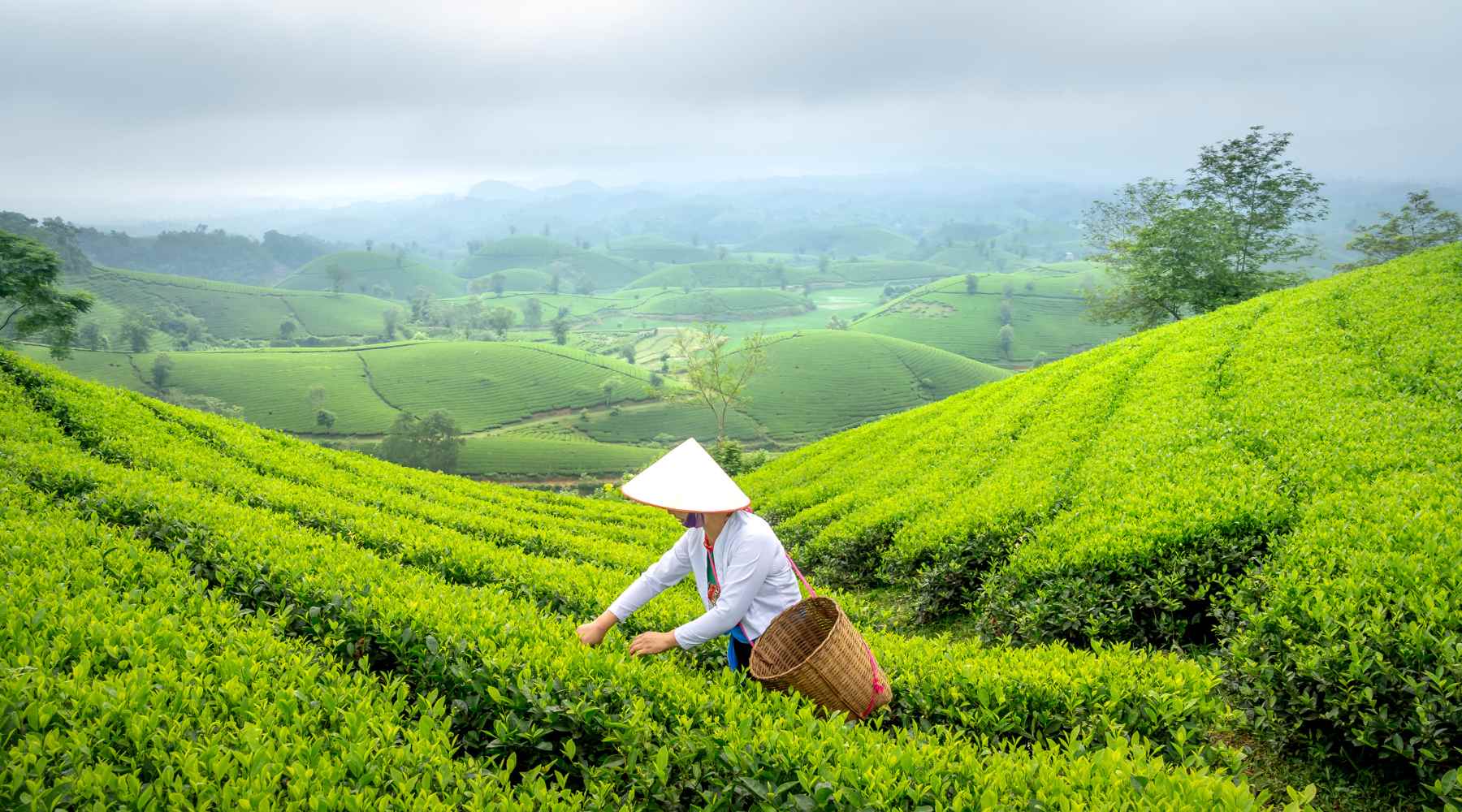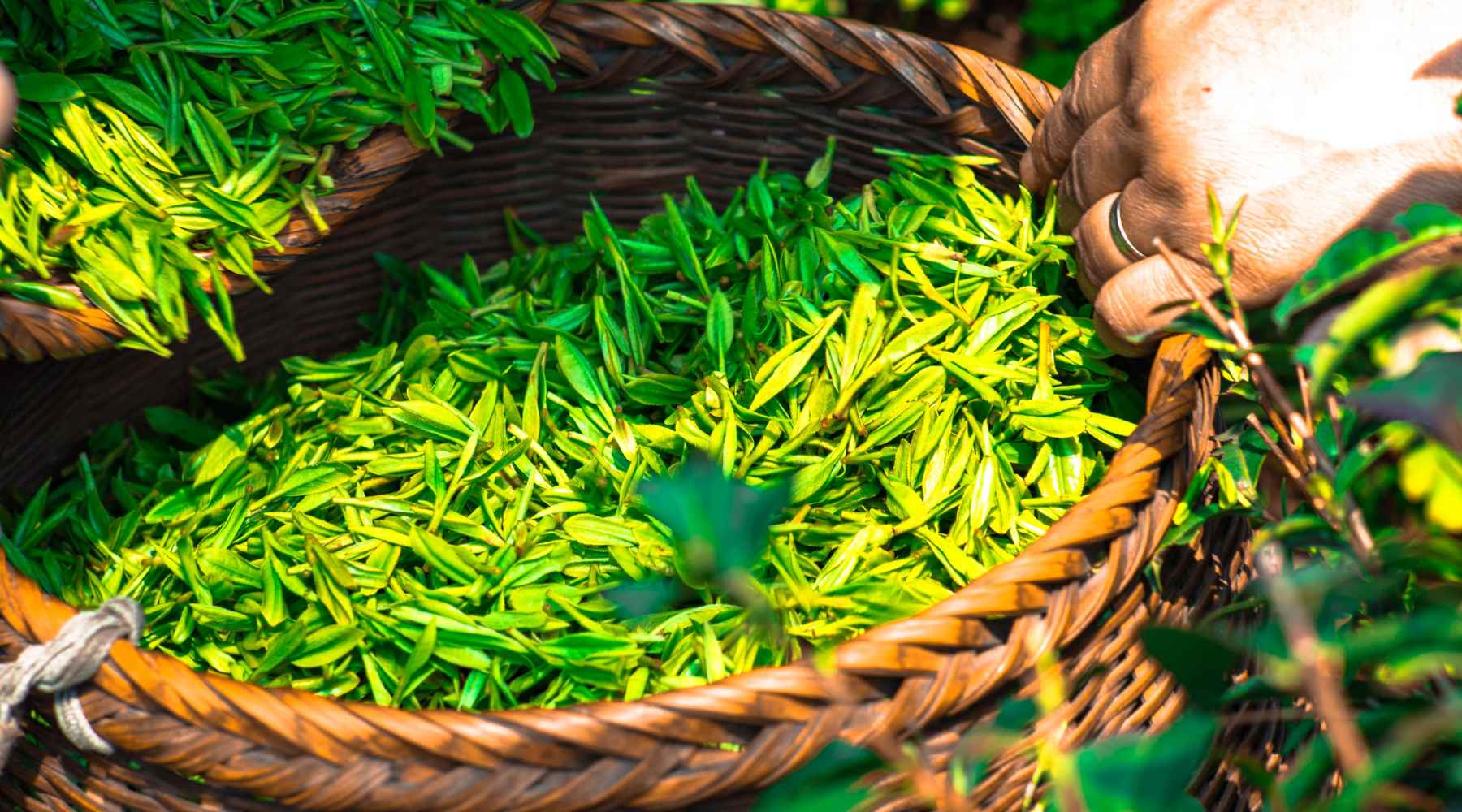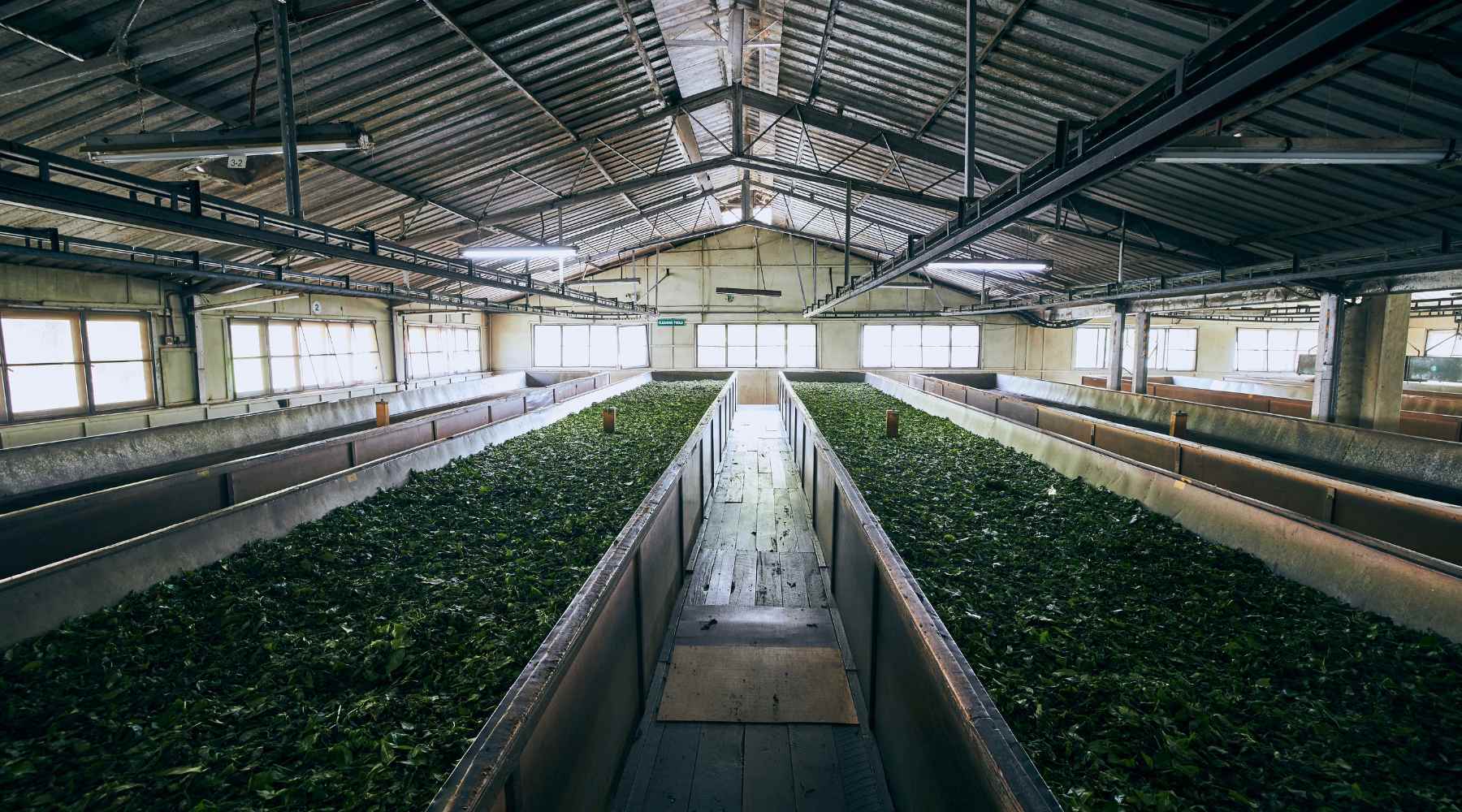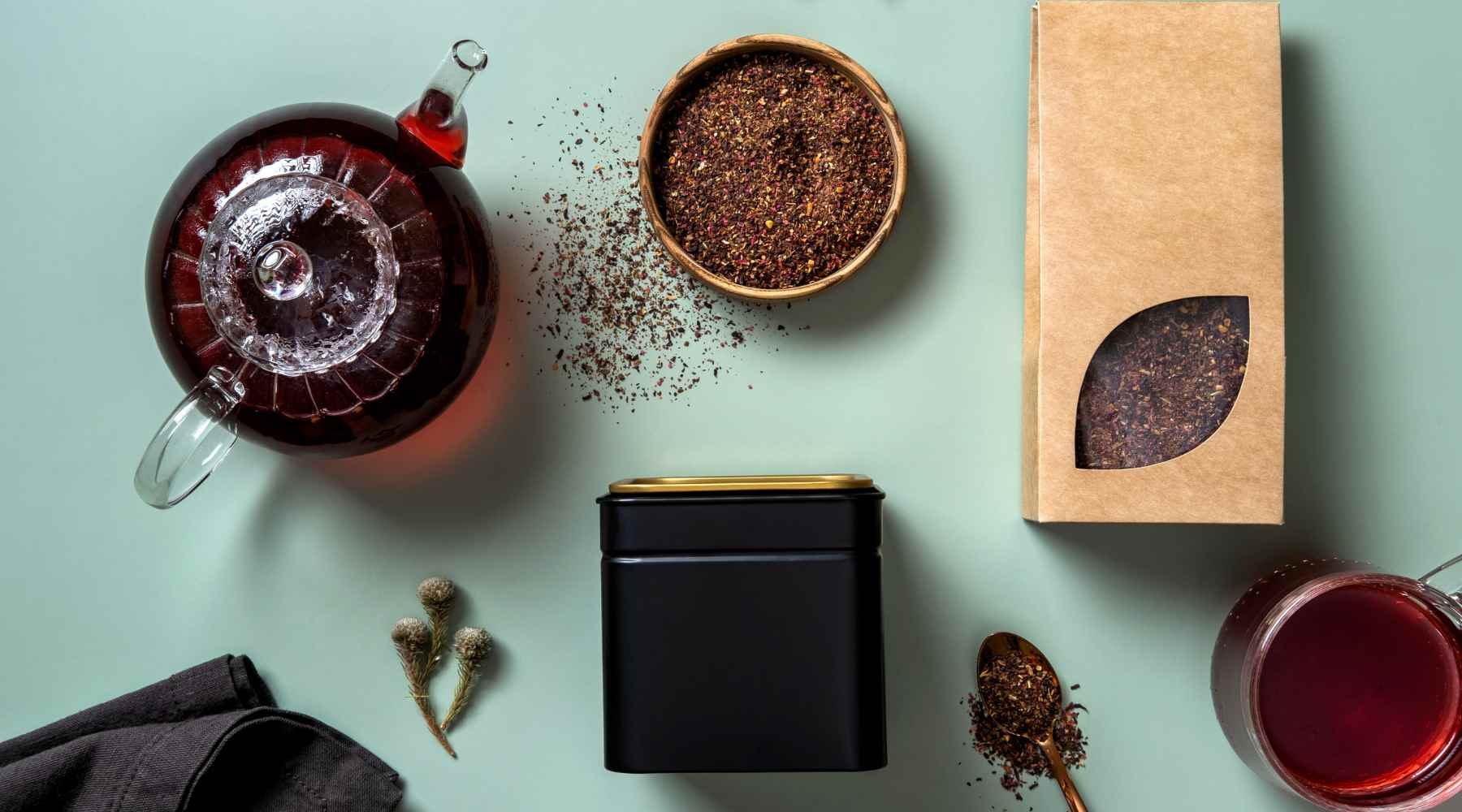Sustainable Sipping: Eco-Friendly Practices in the Tea Industry
Published Date:
There’s more to your favourite tea than its leaves. The box, the sleeves, and the tea bags’ environmental impact count, too!
If you haven’t guessed from the title and our pleasant introduction, we’re talking about the environmental impact of tea. And why bother? Why do we need to know about, say, how tea is produced or sustainable tea packaging? For starters, it’s always good to learn about new things.
Second, we drink tea to feel good. Rather than tell you all about the benefits of drinking tea (which we’ve done before. Click here to read all about it), we can talk about how it positively impacts our planet. That way, our consciences can feel good as well!
What Makes Eco-Friendly Tea?
They Are Sourced Sustainably

Why does sourcing matter? When companies get their tea leaves from any old source, there’s a lot they can hide. They can hide the way these crops have been harvested. They can also hide how these crops are grown.
If companies simply don’t care, there’s a lot that can negatively impact the planet. When it comes to sourcing, the only people who benefit are those who sell the end product or those who help them do so. The farmers and the folks who grow the tea plants? They may not even see a profitable penny.
If companies source directly from the farmers and even cooperatives, the farmers get a fairer and more livable wage. This way, they can also control the quality of the tea itself. The tea is allowed to grow as intended, without the pressures of a deadline. This would also affect the taste of the tea in a good way. Their quality is often more premium than those simply focused on mass production.
Organic: More Than Just a Label

Organic this, organic that… What does this mean? The term “organic” and “vegan” often gets mentioned in the same breath. But, rest assured, they are different. “Vegan” is a term for a diet that excludes the consumption of animal-related products like milk and honey.
Organic products are preferred because they are grown and harvested without the use of harmful products like pesticides and synthetic fertilisers. Yes, animal byproducts can still be labelled as “organic” if the livestock are fed with hormone-free and antibiotic-free feed.
Let’s go back to the crops then. After all, tea comes from plants! Spraying pesticides on crops will not only affect insects. Spraying may have an impact on the quality of air, other animals, and surrounding crops, too. The same can be said about synthetic fertilisers. They don’t just go away once your crops are fully grown and harvested. These leave a lasting impact - more than we think!
Also Read - History of Tea - Types & Benefits
Resource Management

We all know that you need two key things to grow your crops, and that’s land and water. We appreciate when farms make use of proper irrigation methods and water-saving techniques when growing their tea.
As for the use of land, it always helps if we can conserve the state of these farms and not just erect a mega-factory for producing tea whenever companies please. Doing so would harm the habitats of the animals! We can respect tea plantations that choose to use resources wisely and build around them instead of simply utilising them without much thought.
Sustainable Tea Packaging

Life in plastic… It’s not fantastic. A lot of tea brands still use plastic to wrap their tea in. And we don’t like simply using all-plastic packaging! Minimising the use of plastic and opting for more recyclable materials like cardboard or paper is the growing trend.
We understand that companies prefer to pack their products in plastic because they can seal in the freshness and keep products preserved for longer. But there are ways around that. That’s why you can find tea shipped in reusable tins! It’s eco-friendly tea packaging at its finest. These add that extra bit of value for your buck, too.
Loose leaf tea, in some way, can also help. When you purchase loose leaf tea, they don’t come in individual bags, which in itself requires another whole process to produce. You use your reusable tea infusers or pots to brew loose leaf tea. That means there are less materials that need to be used and even recycled. Think of this as prevention - which is the best cure!
Check Out - Coffee Vs Tea: Benefits & Diferences
The Tea on Sustainable Tea
Portfolio Coffee is home to many tea blends. Though you know us as a purveyor of direct-trade and freshly-roasted coffee beans, we also make a mean brew. Check out our tea shop and we’re sure our collection can make all tea-lovers happy!

 ALL
ALL


